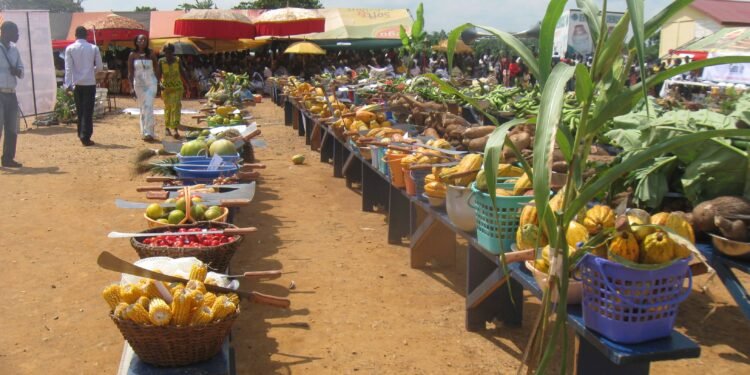A leading security consultant, Prof. Kwesi Aning, has sounded a grave warning about the levels of corruption and integrity issues plaguing Ghana’s public institutions, which, according to him, are severely hindering the fight against illegal small-scale mining, known as “galamsey.”
Prof. Aning expressed concern about the alarming rate at which these institutions accept gestures from companies with ties to illegal mining activities, thereby compromising their effectiveness.
“We can draft all the reports we want, and we can trace all the interlinkages, but as long as we are tainted by collusion and compromise our integrity, we lack the moral authority to enforce punishment or accountability,” Prof. Aning remarked.
Prof. Aning, highlighted how Ghana’s public institutions tasked with protecting the country’s lands have been severely undermined. The acceptance of “gifts” and favors from companies connected to illegal mining has compromised their ability to fulfill their mandates.
He emphasized that the failure of these institutions to stand firm in the face of corruption has diminished their capacity to protect natural resources and act in the interest of the public.
Prof. Aning also cast doubt on the willingness of any future government to take decisive action against galamsey, despite the political promises that have been made.
According to him, none of the political parties contesting the upcoming election have shown the necessary political will to decisively address the menace. He stressed that the fight against galamsey goes beyond rhetoric and requires genuine political commitment, which he believes is sorely lacking.
“Whoever wins the December 7 election does not have the gumption to take this fight to galamsey,” Prof. Aning stated bluntly. In his view, the corruption embedded within public institutions has created an environment where political leaders are either unwilling or unable to take on the fight.
He criticized the intelligence and decision-making processes within these organizations, arguing that their failure to deliver on their responsibilities is indicative of a deeper systemic problem.
To address these integrity issues, Prof. Aning proposed that a comprehensive background check be conducted for all individuals aspiring for public office. He suggested that these checks should focus on any affiliations candidates may have with institutions, companies, or groups involved in illegal activities or threatening the survival of Ghana.
“If we were to analyze and conduct background checks on every candidate running for public office in terms of their connections to institutions or companies that threaten Ghana’s future, we would likely find that less than 20 of them could pass such scrutiny.”
Prof. Kwesi Aning, Security consultant
This assertion further underscores the depth of the crisis, where potential future leaders may already be compromised.
Health Implications of Illegal Mining
Adding to the conversation, Prof. Ernest Yoke, Vice President of the Ghana Medical Association (GMA), disclosed alarming findings on the health implications of illegal mining activities.
Prof. Yoke revealed that foodstuffs and livestock in many parts of Ghana have been contaminated due to the chemicals used in illegal mining, particularly mercury and cyanide.
These harmful substances, released into water bodies and soils, eventually find their way into the food chain, posing serious health risks to the general population.
“There are tons of publications suggesting that this contamination has spread beyond the immediate areas of galamsey operations. The danger is coming to town,”
Prof. Ernest Yoke, Vice President of the Ghana Medical Association (GMA)
Prof. Yoke warned that people living in urban centers like Accra may believe they are safe from the effects of illegal mining, but in reality, they are also at risk. He mentioned markets such as Agblobloshie and Mallam Atta as examples where food might already be tainted by galamsey-related contamination.
Prof. Yoke also raised concerns about the long-term health effects of consuming contaminated food. He highlighted a worrying trend in the rise of kidney-related diseases, hinting at a possible link between these health issues and the toxic substances entering the food chain due to illegal mining. He called for urgent collective action to halt galamsey before the health crisis escalates.
The insights provided by Prof. Aning and Prof. Yoke highlight the multifaceted threat posed by illegal small-scale mining in Ghana. It is not only eroding the integrity of public institutions but also endangering the health and well-being of the population.
Without a concerted effort to root out corruption and address the deep systemic flaws, the fight against galamsey will remain an uphill battle—one that risks the future of the nation and its people.
READ ALSO: Meloni Iterates Italy’s Commitment To Support Kyiv























